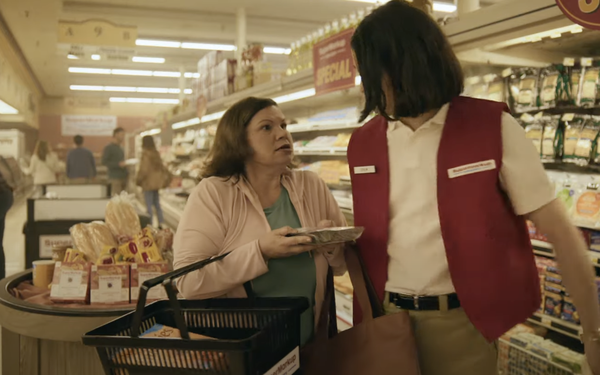
Gartner is welcoming in “The Year
of the Wake” and says that for brand marketers, 2025 will include sharp increases in consumer mistrust as people navigate the choppy waters of higher prices. People’s perceptions of big
brands and corporate America continue to plunge: The public no longer believes inflation is the problem. Consumers attribute constant and unpredictable price changes to gouging and brand
opportunism.
That’s given rise to a more militant approach to underconsumption, with a trend called “The New Spartan” demonstrating how determined shoppers are to outsmart
big brands.
And while everyone is aware that inflation is a major disruptive factor, it “is also an extremely toxic cultural force that continues to shape consumer perceptions,
expectations and behaviors long after the economic force has passed,” Gartner’s report says. While inflation rates have been under 4% for the past year and wages have been rising for
almost 18 months, “U.S. consumers are more concerned about high prices than ever. And they’re more likely now than at the height of inflation to blame those high prices on the brands they
see as padding their profits at consumers’ expense.”
advertisement
advertisement
Mistrust in institutions and brands reflects that. Big brands are now trusted by just 52% of consumers, versus 66% in 2021.
Corporate America fares even worse, now trusted by 28%, down from 49% in 2021. Brand USA remains the least trusted, with just 28% saying they trust the government, down from 43% in 2021.
Trust
remains high and stable in locally owned businesses (92%), small brands (90%), and “my community,” 77%.
Concerns about the cost of living have been building throughout the year,
rising from 71% in the second quarter to 78% in the fourth quarter.
It’s not that people don’t care about other problems, but they do not feel them as keenly. The rising cost of
healthcare rose to be the second most pressing worry at 64% in the latest quarter, with socio-political divisiveness coming in third at 61%. More than 50% of online consumers say they are also
concerned with data security, crime/violence/personal safety, geopolitical instability and restriction of reproductive rights. Only 49% -- less than half -- have concerns about the climate.
The sense of price unpredictability reinforces “The New Spartan” trend, with 88% of consumers increasing at least one underconsumption activity compared to two years ago. Those include
delaying or doing without a purchase, trying DIY solutions, shopping around for better prices or buying a used product.
“Making do with less isn’t just a tactic, it’s a
flex,” the report says, reinforcing an intense consumer yearning for simplicity and self-actualization.
Yes, those goals initially stem from wanting to save money. But they’ve
become intrinsically rewarding. Underconsumption helps consumers feel more in control, simplifies their life, and signals that they -- not brands -- are structuring their financial path. And while
that might feel like all bad news for brands, Gartner notes that those leaning into “playful austerity” can support consumers' no-frills or bare-bones ambitions. One example: Aldi continually positions itself as a retailer that helps shoppers outsmart the crafty price manipulations of conventional supermarkets.
If possible, brands should strive for stable, predictable pricing as a differentiator, addressing price paranoia, according to Gartner.
The company's data is based on two separate surveys
of Americans aged 15 and older, including a sample of 4,100 fielded in July and 1,500 in October.